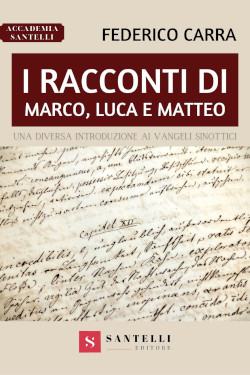The three synoptic evangelists report that at Jesus' death the sun was darkened: “And coming the sixth hour there was a darkening over all the earth,” so Mark (15:33). Matthew and Luke report this phrase with minimal changes (Mt. 27:45; Lk. 23:44). Luke adds an absolute genitive (τοῦ ἡλίου ἐκλιπόντος, tou heliou eklipontos) that is understood as referring to an eclipse: the verb ekleipo means “to leave, to fail,” but associated with the sun (as here) it means to eclipse, and thus “the sun having eclipsed.”
As universally admitted, it is impossible that an eclipse of the sun occurred on the day of Jesus' death. Jews used a lunar calendar; the month began with the new moon. The Jewish Passover always occurred on the 14th day of Nisim (the spring month corresponding to March-April) when there was a full moon, during which an eclipse of the moon is well possible, but not of the sun, the moon being in opposition to the sun.
It is no accident that the fact is reported by Mark, who was almost certainly writing in Rome and was not very familiar with Jewish affairs. It is not surprising that Matthew confirms and adds of his own other supernatural elements-the earthquake, the saints rising, etc. It is a bit surprising, however, that Luke, an educated man who had done research, does not realize the error.




